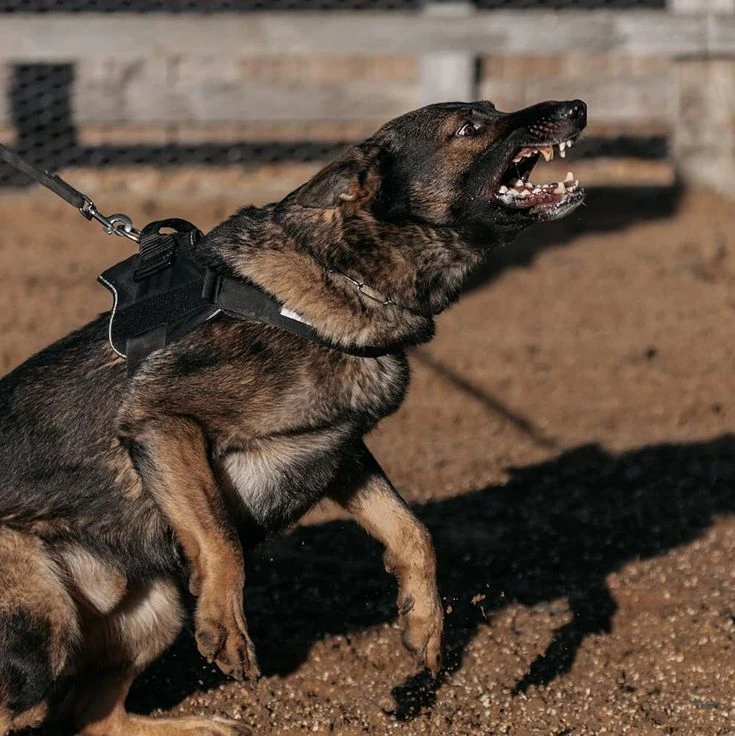
Every dog will exhibit undesired behaviors at some point, regardless of how well-trained they are. However, if these behaviors persist or worsen, it’s time to take action with structured training.
The first step in addressing a behavioral issue is to identify the root cause. Once you understand why your dog is acting out, you or a professional trainer can develop a training plan tailored to your dog’s needs.
Below, we’ll explore common behavioral problems in dogs, their causes, and the best training solutions.
Barking: How to Stop Excessive Noise
Barking is a natural form of communication for dogs, but excessive barking can become disruptive. Understanding why your dog is barking is key to stopping it.
Common Reasons for Barking:
✔ Anxiety or Fear – If your dog barks at specific triggers like people or other dogs, it may stem from fear or stress.
✔ Boredom – Dogs need mental and physical stimulation. Without it, they bark for attention or frustration.
✔ Frustration or Excitement – Some dogs bark when they’re overexcited, such as when guests arrive or during walks.
Training Tips to Reduce Barking:
- Desensitize anxiety-based barking by gradually exposing your dog to triggers in a controlled, positive way.
- Use high-value treats to create a positive association with stressful stimuli.
- Provide enrichment activities, like long-lasting chew toys, interactive feeders, and play sessions to prevent boredom.
- Teach a “Quiet” command and reward silence with praise or treats.
If barking continues to be a major issue, professional dog training can help modify the behavior effectively.
Biting and Mouthing: Managing Puppy and Adult Dog Nipping
Puppies and some adult dogs use their mouths to explore, but without proper training, biting can become a serious issue.
Preventing and Managing Mouthing:
✔ Redirect your dog to an appropriate toy whenever they attempt to bite hands or clothing.
✔ Provide a variety of chew toys (plush, rubber, hard plastic) to satisfy their biting instincts.
✔ Use short, consistent training sessions to reinforce gentle play and discourage rough mouthing.
If biting escalates into aggressive behavior, it’s crucial to seek professional training immediately.
Aggression: When to Seek Professional Help
Aggression in dogs is one of the most serious behavioral issues and must be addressed as soon as possible. Signs of aggression include:
- Growling, snapping, or lunging at people or animals.
- Resource guarding (protecting food, toys, or space).
- Fear-based reactivity in stressful situations.
Since aggression can be dangerous, professional training is highly recommended rather than attempting to correct it alone. A certified dog trainer can identify the cause of aggression and implement safe, effective training techniques.
Be Patient: Training Takes Time
There is no one-size-fits-all solution for behavioral issues, and improvement takes time and consistency. Dogs develop habits over months or years, so reversing unwanted behaviors won’t happen overnight.
✔ Stay patient and consistent with training.
✔ Work in small, manageable sessions to reinforce good behavior.
✔ Seek professional guidance if the behavior does not improve.
Need Help? Expert Dog Training in Chicago
If your dog’s behavioral issues are becoming overwhelming, our professional trainers at Prestige Dog Training Academy can help. We work with dogs of all breeds and behavioral challenges, from barking and leash pulling to severe aggression.📞 Call us today at 312-380-1474 to learn how we can help your dog become a well-behaved companion!



